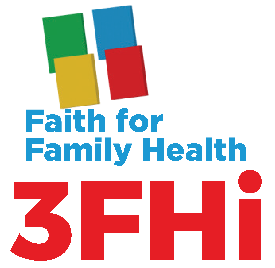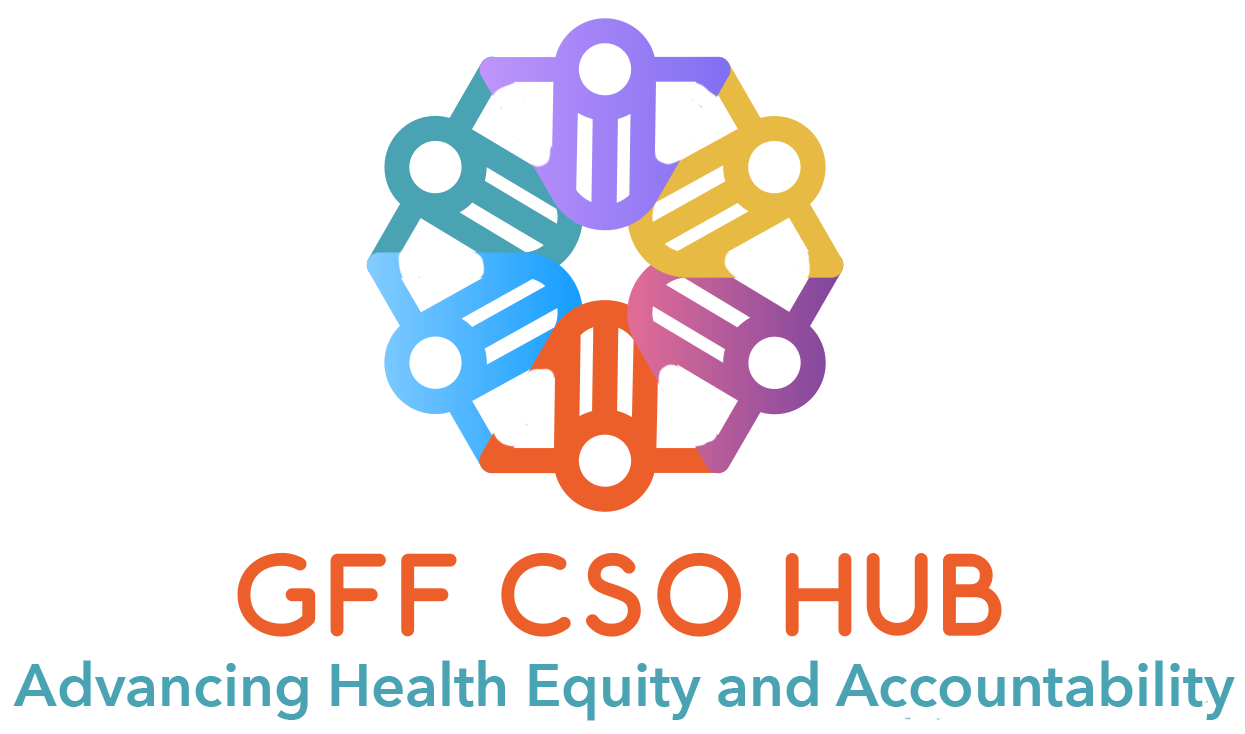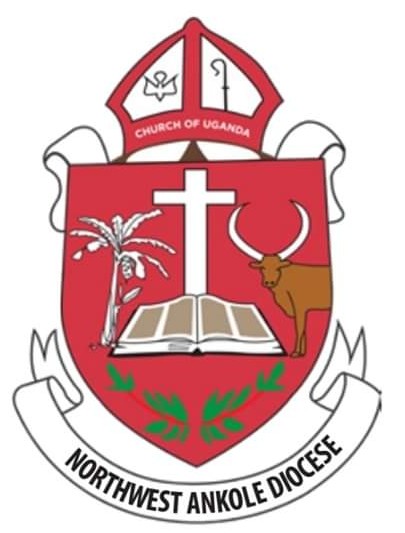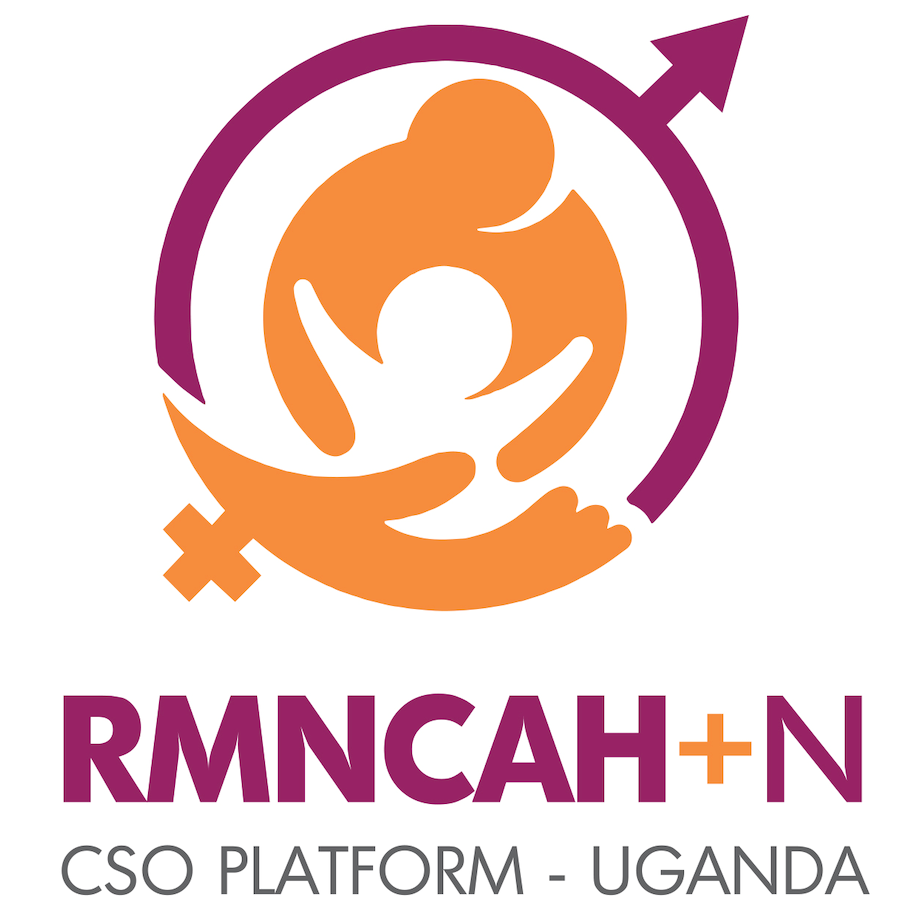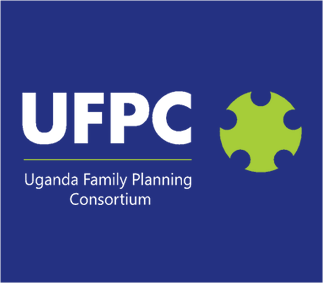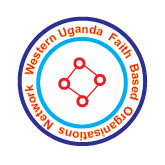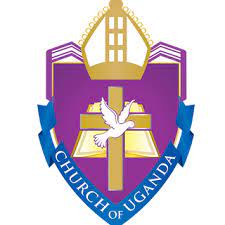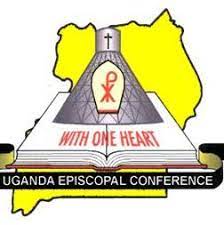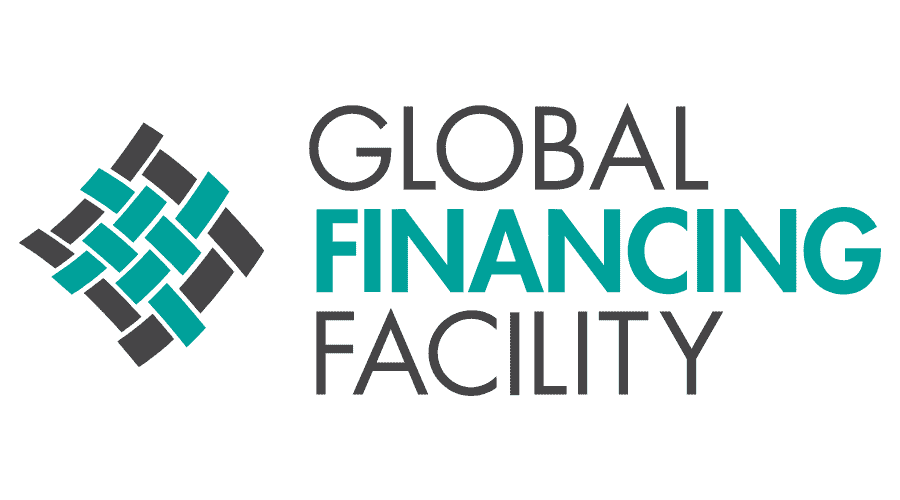Religious leaders commit to end gender violence, promote equality
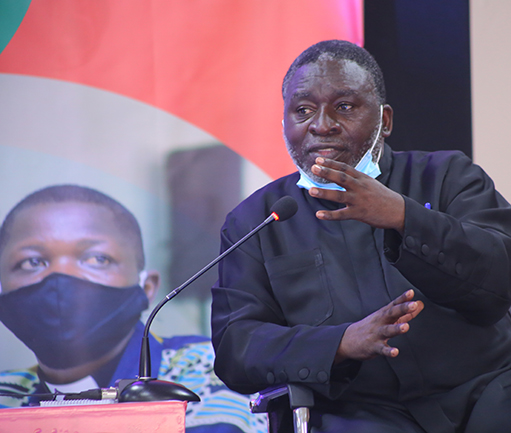
The Religious community working with Faith for Family Health (3FHi) are worried over the increasingly high levels of gender-based..
The Religious community working with Faith for Family Health (3FHi) are worried over the increasingly high levels of gender-based violence in the country compounded by the COVID-19 pandemic. In Uganda, over half of adult women, 15-49 years have experienced violence and more than 1 in every 5 women aged 15-24 have experienced sexual violence in their lifetime. “As we talk of girls and women, we are reminded of the plight of the boy child. We are slowly losing our boys and men to drugs and other vices, we have to act fast to save this demographic,’’ - Dr Stephen Kaziimba Estimates for violence against children also showed that violence against the girl child is high at 59% for young females prior to age 19. Child marriage is still high at 34% of women 20-24 years are married or in union before age 18 and at least 7% are married before the age of 15. It is against this background that the religious communities have pledged to integrate prevention of sexual Gender-Based violence in all religious structures and ensure gender equality through policy engagement. Presenting their call to action on Ending Gender-Based Violence and promoting Gender Equality during the National Gender dialogue event at hotel Africana, Father Constantine Mbonabingi the Dean Orthodox Church and secretary general Uganda Joint Christian Council (UJCC), promised to initiate programs to revitalise family life and values within religious institutions. In addition, they further pledged to set up systems to provide immediate protection and care for victims of GBV and to build partnerships with other religious organisations, government, NGOs, private sector to advocate against GBV and promote gender equality among others. The Religious leaders however called upon government to allocate resources to support the implementation of the laws relating to GBV and women affirmative programs. Fr. Mbonabingi said while the constitution recognises equality between men and women, very few laws in Uganda protect women’s economic rights and women’s opportunities for meaningful economic activities are limited. The Archbishop Church of Uganda, Dr Stephen Kaziimba, in his speech read by Fr. Mbonabingi said, despite progress made in reducing income poverty in Uganda, female-headed households face a higher risk of poverty than male-headed ones, a situation that has been worsened by COVID-19 pandemic. He said poor resource allocation and laziness are to blame for the weak enforcement of the policies and laws related to gender equality and equity. The Mufti of Uganda Muslim Supreme Council Sheikh Shaban Mubajje, in his speech read by the deputy mufti Sheikh Ali Waiswa said “I remind all of us that we are the voice to the voiceless. We must defend the weak. We are called to serve humanity.’’ He said their vision is that girls and women should be kept safe from violence. Adding that all men, women, girls and boys should enjoy equality and equity. The assistant commissioner at the Ministry of Gender, Labour and Social Development, Angela Nakafeero, said they are strengthening themselves to be able to coordinate National programmes on GBV, adding that they have already beefed up the social welfare workforce at district level.
